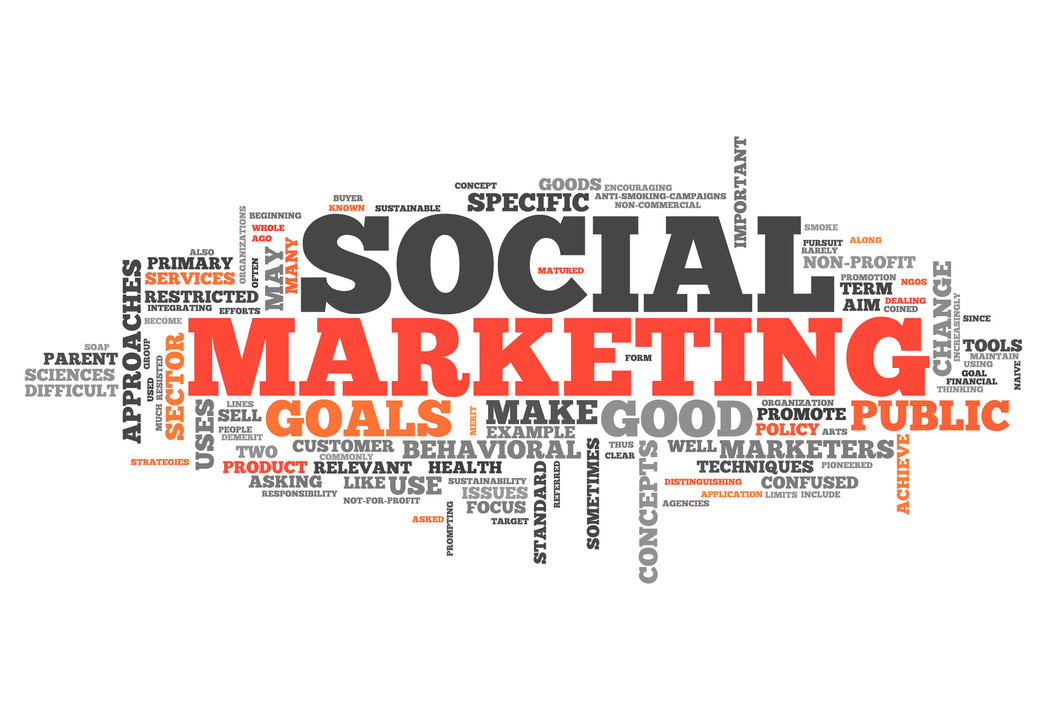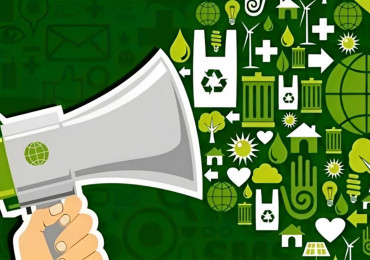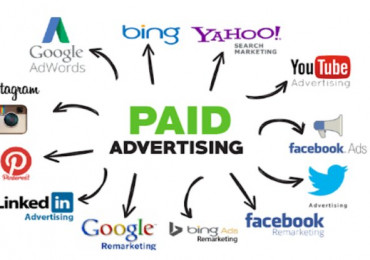
It is the process of designing and implementing marketing strategies that aim to influence social behaviors with the aim of improving the health of society, the environment, or promoting other positive behaviors. It focuses on achieving sustainable behavioral changes that serve the public interest.
Characteristics of social marketing:
1. Social goal: Focuses on bringing about positive change in the behaviors of individuals and communities.
2. Use of traditional marketing principles: Relies on analyzing the target audience and designing targeted marketing campaigns.
3. Continuity: Aims to bring about sustainable behavioral change in the long term.
4. Collaboration: Requires cooperation between governments, non-governmental organizations, and the private sector to achieve its goals.
5. Evaluation of results: It attaches great importance to measuring the impact of campaigns and the extent to which goals are achieved.
Benefits of social marketing:
1. Improving public health: It can contribute to reducing diseases and promoting a healthy lifestyle.
2. Preserving the environment: Supports initiatives aimed at conserving natural resources and reducing pollution.
3. Promoting social justice: It can help promote equality and reduce poverty.
4. Raising awareness: It helps spread awareness about important issues such as human rights or climate change.
Social Marketing Features:
1. Positive impact on society: aims to achieve tangible benefits for society as a whole.
2. Sustainability: seeks to bring about lasting behavioral changes.
3. Comprehensiveness: can include a wide range of social issues such as health, education, and the environment.
4. Multi-party collaboration: requires teamwork between different parties to achieve the desired results.
Disadvantages of Social Marketing:
1. Difficulty in measurement: it may be difficult to measure the actual impact of social campaigns on behavior.
2. Cost: campaigns can be expensive and require significant financial resources.
3. Resistance to change: may face resistance from individuals or targeted communities.
4. Long time: takes a long time to achieve the desired results.
Modern examples of social marketing:
1. Anti-smoking campaigns: such as campaigns organized by health organizations to reduce smoking.
2. Environmental awareness: campaigns aimed at promoting environmentally friendly behaviors such as recycling.
3. Road safety promotion: initiatives to encourage drivers to respect traffic rules.
4. Health awareness campaigns: such as campaigns to prevent infectious diseases such as the Corona virus.
Social marketing is a powerful tool to change social behaviors for the better. It is characterized by its ability to achieve sustainable benefits for society through the use of targeted marketing strategies. However, social marketing requires significant resources and multi-party collaboration to achieve success, and may face challenges related to measuring impact or resistance to change. Recent examples such as anti-smoking and environmental awareness campaigns reflect the significant role that social marketing can play in improving the lives of individuals and communities.

31/08/2024

31/08/2024

01/09/2024

20/08/2024

01/09/2024

26/08/2024

14/08/2024

26/08/2024

01/09/2024

20/08/2024

23/08/2024

18/08/2024

23/08/2024

01/09/2024

30/08/2024

23/08/2024

17/08/2024

15/08/2024

26/08/2024

23/08/2024